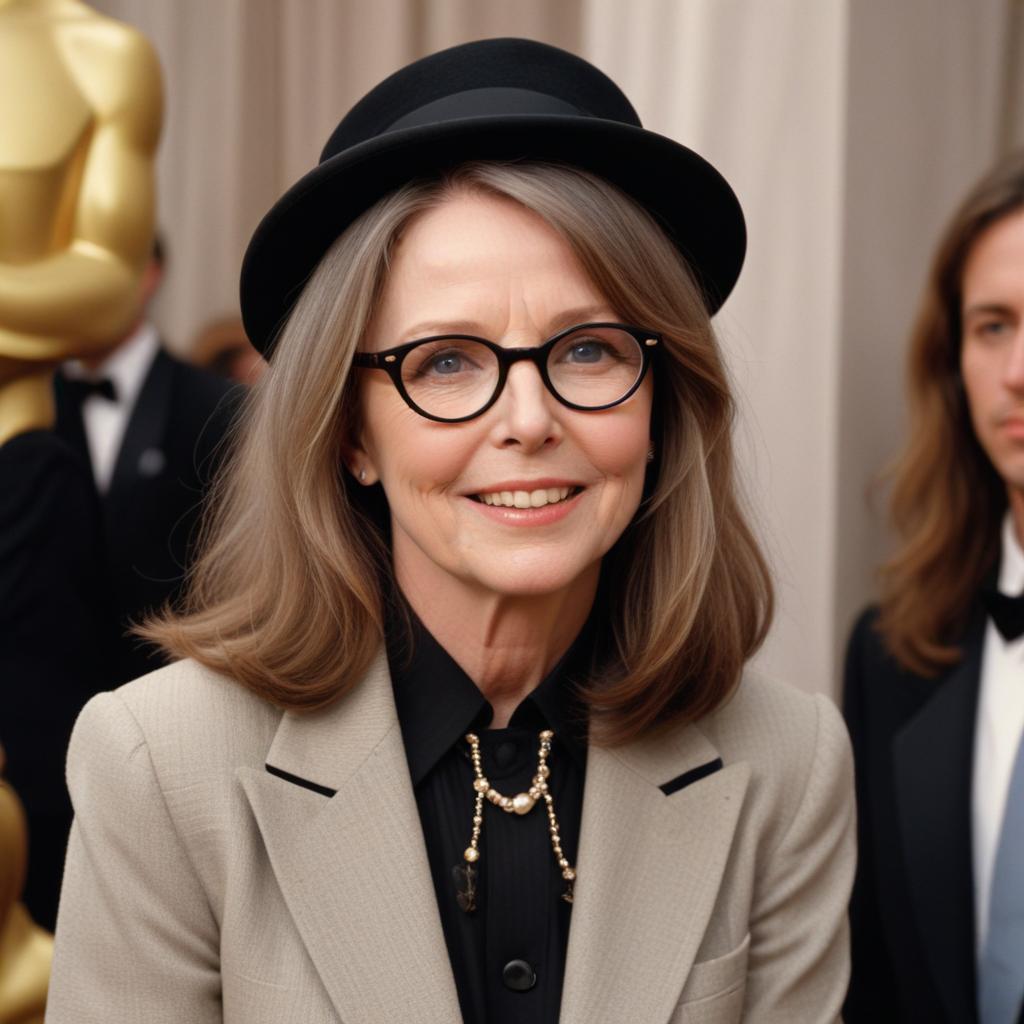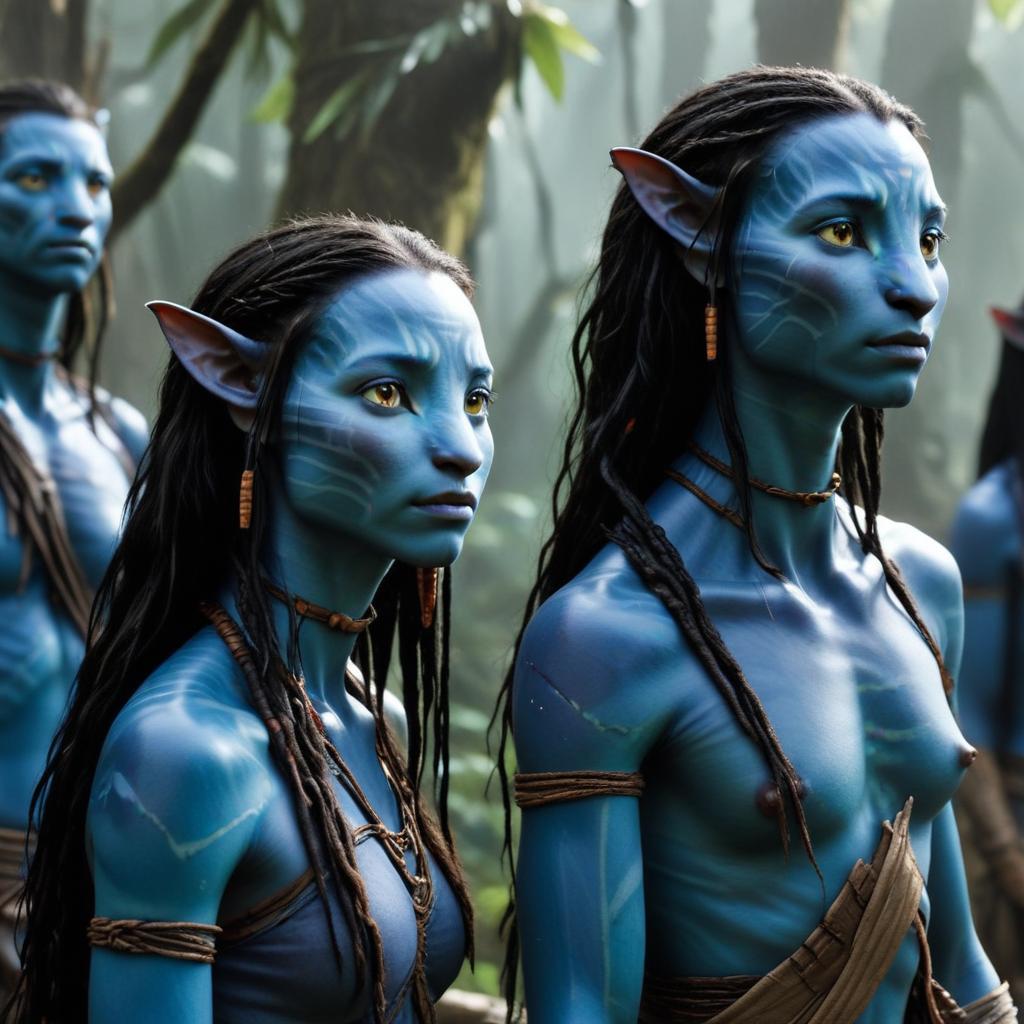Oscar-winning actress Diane Keaton, known for her iconic roles in 'Annie Hall,' 'The Godfather' films, and 'Father of the Bride,' has died at 79. Her passing, confirmed by a family member, has prompted an outpouring of tributes from stars like Francis Ford Coppola, Bette Midler, and Leonardo DiCaprio, celebrating her unique talent, vibrant personality, and lasting impact on cinema.
Diane Keaton, the Oscar-winning star of “Annie Hall,” “The Godfather” films and “Father of the Bride,” whose quirky, vibrant manner and depth made her one of the most singular actors of a generation, has died. She was 79. A family member told The Associated Press that Keaton died in California with loved ones. People magazine first reported the death on Saturday, noting that her health had suddenly declined. No other details were immediately available and representatives did not respond to request for comment. The unexpected news was met with shock around the world. Francis Ford Coppola, who cast her in “The Godfather,” wrote on Instagram that, “Words can’t express the wonder and talent of Diane Keaton. Endlessly intelligent, so beautiful...Everything about Diane was creativity personified.” Bette Midler, who she costarred with Keaton in “The First Wives Club,” wrote, “She was hilarious, a complete original, and completely without guile, or any of the competitiveness one would have expected from such a star. What you saw was who she was…oh, la, lala!” Leonardo DiCaprio, who played her nephew in “Marvin’s Room” when he was 18, wrote on Instagram that she was “one of a kind. Brilliant, funny and unapologetically herself...she will be deeply missed.” RELATED STORIES 6 great Diane Keaton films and where to watch them Movie Review: ‘After the Hunt’ is less hot-button farce than tragedy ★ ★ ★ ★ Julia Roberts, Andrew Garfield and Ayo Edebiri on sex, lies and academics in ‘After the Hunt’ Keaton was the kind of actor who helped make films iconic and timeless, from her “La-dee-da, la-dee-da” phrasing as Annie Hall, bedecked in that necktie, bowler hat, vest and khakis, to her heartbreaking turn as Kay Adams, the woman unfortunate enough to join the Corleone family. Her star-making performances in the 1970s, many of which were in Woody Allen films, were not a flash in the pan either, and she would continue to charm new generations for decades thanks in part to a longstanding collaboration with filmmaker Nancy Meyers. She played a businessperson who unexpectedly inherits an infant in “Baby Boom,” the mother of the bride in the beloved remake of “Father of the Bride,” a newly single woman in “The First Wives Club,” and a divorced playwright who gets involved with Jack Nicholson’s music executive in “Something’s Gotta Give.” Keaton won an Oscar for “Annie Hall” and would go on to be nominated three more times, for “Reds,” playing the journalist and suffragist Louise Bryant, “Marvin’s Room,” as a caregiver who suddenly needs care herself, and “Something’s Gotta Give,” as a middle-aged divorcee who is the object of several men’s affections. Oscar winners pose with their statuettes at the Academy Awards presentation in Los Angeles, April 3, 1978, from left: Richard Dreyfuss, best actor for “The Goodbye Girl"; Charles H. Joffe, best picture for “Annie Hall"; Diane Keaton, best actress for “Annie Hall"; presenter Jack Nicholson, and producer Jack Rollins of United Artists. (AP Photo, File) In her very Keaton way, upon accepting her Oscar in 1978 she laughed and said, “This is something.” A child of Hollywood breaks through in New York Keaton was born Diane Hall in January 1946 in Los Angeles, though her family was not part of the film industry she would find herself in. Her mother was a homemaker and photographer, and her father was in real estate and civil engineering, and both would inspire her love in the arts, from fashion to architecture. Keaton was drawn to theater and singing while in school in Santa Ana, California, and she dropped out of college after a year to make a go of it in Manhattan. Actors’ Equity already had a Diane Hall in their ranks, and she took Keaton, her mother’s maiden name, as her own. She studied under Sanford Meisner in New York and has credited him with giving her the freedom to “chart the complex terrain of human behavior within the safety of his guidance. It made playing with fire fun.” “More than anything, Sanford Meisner helped me learn to appreciate the darker side of behavior,” she wrote in her 2012 memoir, “Then Again.” “I always had a knack for sensing it but not not yet the courage to delve into such dangerous, illuminating territory.” FILE - Acting teacher Sanford Meisner, right, greets his former student Diane Keaton at a party held in his honor by his students at the Neighborhood Playhouse School in New York City, Tuesday evening, Oct. 8, 1980. (AP Photo, File) She started on the stage as an understudy in the Broadway production for “Hair,” and in Allen’ s “Play It Again, Sam” in 1968, for which she would receive a Tony nomination. And yet she remained deeply self-conscious about her appearance and battled bulimia in her 20s. Becoming a star with “The Godfather” and Woody Allen Keaton made her film debut in the 1970 romantic comedy “Lovers and Other Strangers,” but her big breakthrough would come a few years later when she was cast in Francis Ford Coppola’s “The Godfather,” which won best picture and become one of the most beloved films of all time. And yet even she hesitated to return for the sequel, though after reading the script she decided otherwise. She summed up her role as Kay, a role she never related to even though she savored memories of acting with Al Pacino. The 1970s were an incredibly fruitful time for Keaton thanks in part to her ongoing collaboration with Allen in both comedic and dramatic roles. She appeared in “Sleeper,” “Love and Death,” “Interiors,” Manhattan,” and the film version of “Play it Again, Sam.” The 1977 crime-drama “Looking for Mr. Goodbar” also earned her raves. Allen and the late Marshall Brickman gave Keaton one of her most iconic roles in “Annie Hall,” the infectious woman from Chippewa Falls whom Allen’s Alvy Singer cannot get over. The film is considered one of the great romantic comedies of all time, with Keaton’s eccentric, self-deprecating Annie at its heart.



